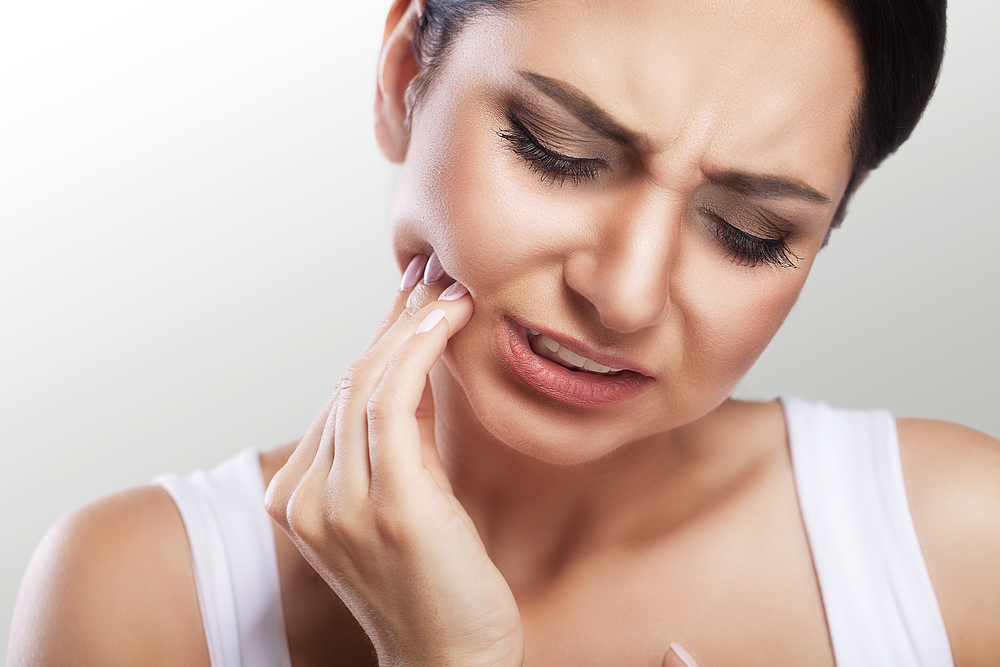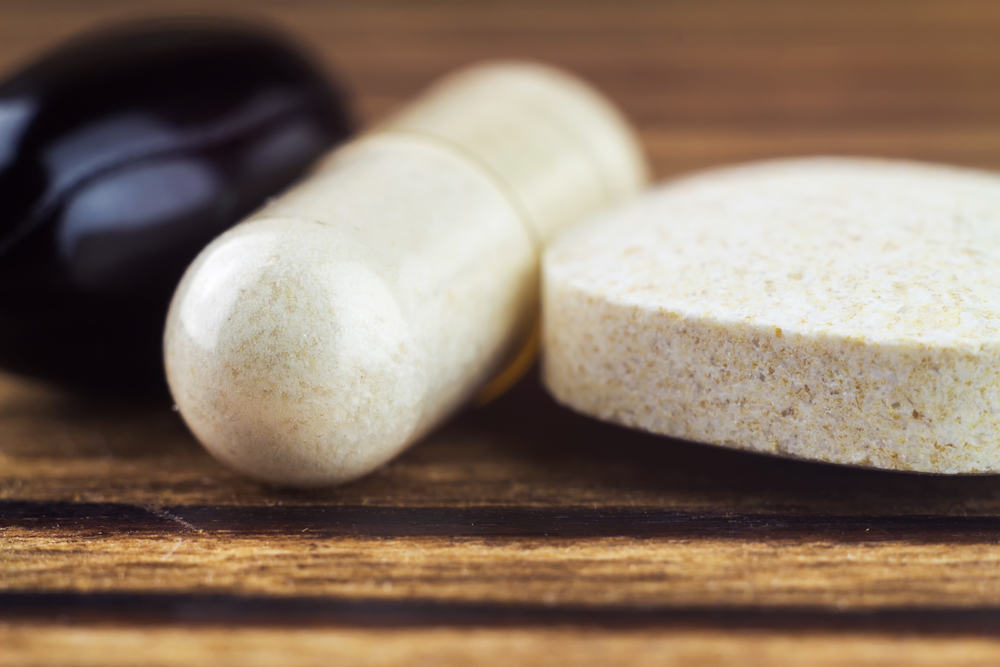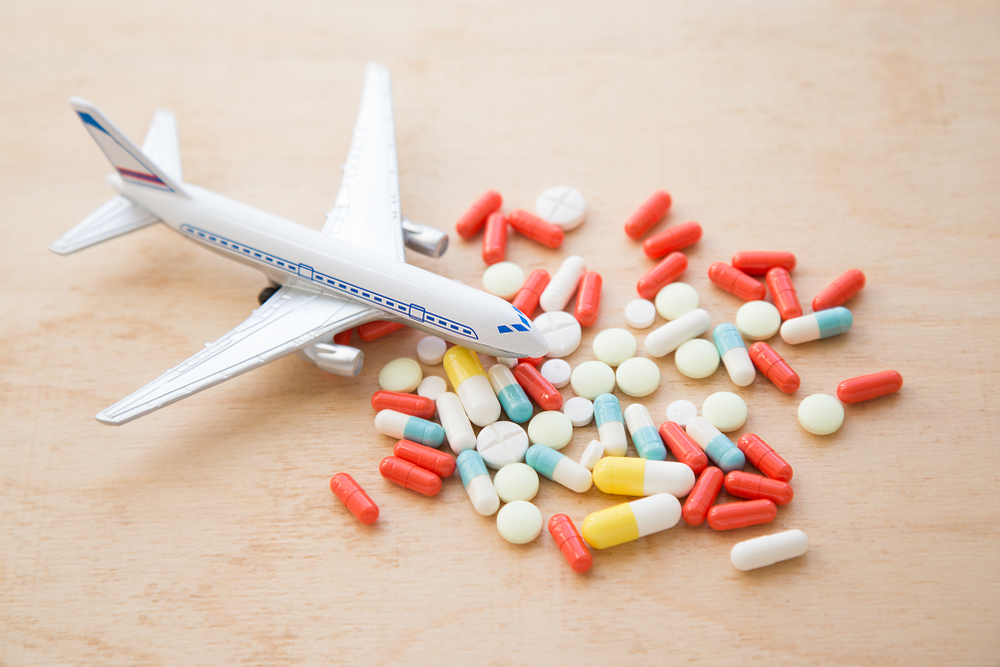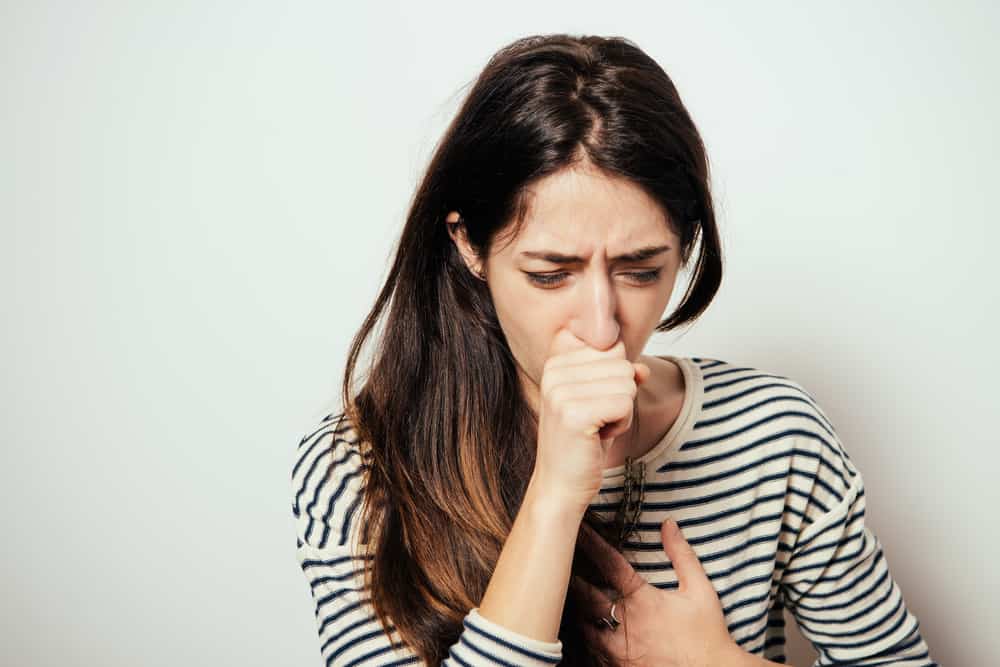Contents:
- Medical Video: Dentist says DO NOT CROWN YOUR TEETH! - Proves it with a Clinical example!
- The most common dental problems
- Cavity
- Periodontist (gum disease)
- Gingivitis
- Dental plaque
- Tooth erosion
Medical Video: Dentist says DO NOT CROWN YOUR TEETH! - Proves it with a Clinical example!
Dental problems often interfere with your activities. The number of dental problems that are often unconscious may make you late to treat them. Dental problems that you may just leave alone will make it worse and fatal. Following are dental problems that often occur and their causes.
The most common dental problems
Cavity
Cavities are dental problems that are most often experienced by almost everyone, so they are considered normal. In fact, if the cavities are ignored to severe, eventually it can be fatal or cause death.
Cavities are caused by the number of bacteria that multiply in your mouth. These bacteria produce acids that can erode the layers of teeth so that the teeth become hollow. The deeper the erosion of the tooth layer occurs or the deeper the cavities, the more painful it feels.
Eating sweet foods can make cavities worse. This is because sugar sticking to the teeth becomes a food for bacteria. Because of this, the number of bacteria is increasing and more and more acids are produced by bacteria. This condition is compounded if you rarely brush your teeth. Cavities can cause pain, infection, and loss of teeth.
Periodontist (gum disease)
Periodontitis is a severe gum infection that can cause damage to the soft tissue and bone supporting the teeth. This condition should not be taken lightly and must be treated immediately. Besides being able to cause tooth loss, bacteria in the gum tissue can also enter the bloodstream and attack other organs, such as the lungs and heart.The signs and symptoms of periodontitis include:
- Gum swelling
- Gums are bright red or purplish
- Gums that are painful to the touch
- The gums are reduced in height so that the teeth look longer than usual
- Cavities formed between teeth
- Pus between the teeth and gums
- Breath smells
- Mouth odor
- Date or broken teeth
- Changes in teeth when biting.
There are various types or groups of periodontitis. Chronic periodontitis is the most common type, can affect adults and children. While aggressive periodontitis usually appears in childhood or early adulthood and attacks only a small percentage of people.
Gingivitis
Gingivitisor inflammation of the gums is inflammation or inflammation that occurs in the gums. Symptoms of this condition include:
- Swollen gums
- The gum color changes to dark red
- Gums are prone to bleeding, for example when brushing your teeth
- Bad breath
- Gum that shrinks
Gingivitis can be a mild condition, you may not be aware if you have this condition. However, it is important to immediately deal with gingivitis because if left unchecked, this disease can cause periodontitis which is far more serious, resulting in tooth loss.
The main causes of gingivitis are poor oral and dental hygiene. Good oral hygiene habits such as brushing your teeth at least twice a day, cleaning with dental floss every day, and doing routine dental checks can help prevent gingivitis.
Healthy gums are generally hard and pale pink. If your gums are swollen, blackish, and bleed easily, you may get gingivitis.
Dental plaque
Dental plaque is the presence of bacteria or dirt that attaches and lives in the oral cavity due to leftovers from the teeth. If left unchecked, the plaque on the teeth that were originally yellow will become more hardened and blackened, so that it will look like a rock attached to the teeth.
Some bad habits that you often do can be the cause of the appearance of plaque on your teeth. These habits include rarely brushing your teeth, consuming too many sweet foods, rarely eating vegetables and fruit, and rarely control the dentist to check dental health regularly.
If left unchecked, the remaining food that accumulates can result in tooth decay, so that bacteria develop in the area and can cause bad breath and inflammation of the gums.
Tooth erosion
Tooth erosion is the erosion of tooth enamel caused by acid. Enamel is a hard layer of protective teeth, which protects sensitive dentine. If the enamel is eroded, the dentine below will be exposed, which can cause pain and sensitivity. Tooth erosion can be caused by:
- Consumption of excess soft drinks (high levels of phosphorus and citric acid)
- Fruit drinks (some acids in drinks from fruit are more erosive than acid batteries)
- Dry mouth or little saliva (xerostomia)
- Food (high in sugar and starch)
- Gastric acid
- Indigestion
- Medications (aspirin, antihistamines)
- Genetic (derivative conditions)
- Environmental factors (friction, wear, stress, and tooth corrosion)












